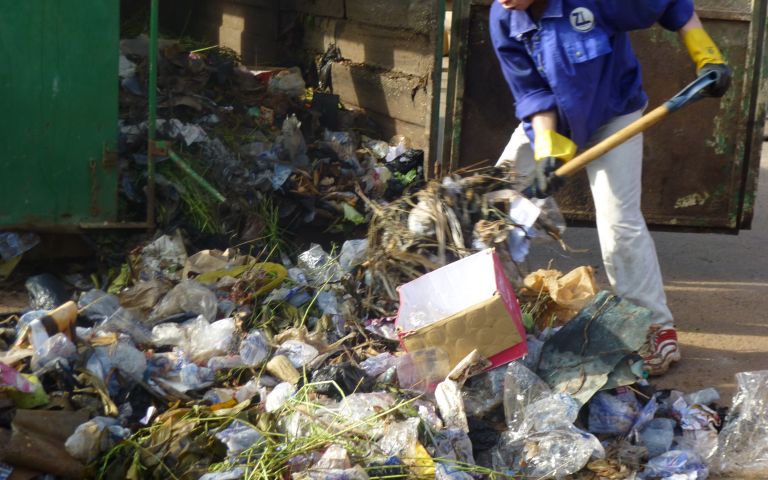When things aren’t right in a country, the people often blame the government and the government often blames the people. The same goes for waste management in Ghana, ranked high among the most unsanitary countries in Africa by the UN and the World Health Organization. However, as this project illustrates, there are two sides to the story.
On the one hand, corruption, poor management and red tape impede the government from providing adequate sanitation and waste disposal for many. The local government in Kumasi, for instance, does not provide latrines to many slum dwellers because they are “illegal residents.” While these residents wait for a solution to the red tape, they will continue to defecate in the open.
On the flipside, decades of public littering, open defecation and a resistance to change prevent many Ghanaians from benefiting from the initiatives that the government does carry out. For instance, when the government provides trash bins for people to throw their litter into, often they are stolen.
Here Diksha Bali examines trash disposal in Ghana – from the storm drains in crowded Aboabo to the government waste management offices –– as she looks for solutions to unsanitary conditions and poor management.






